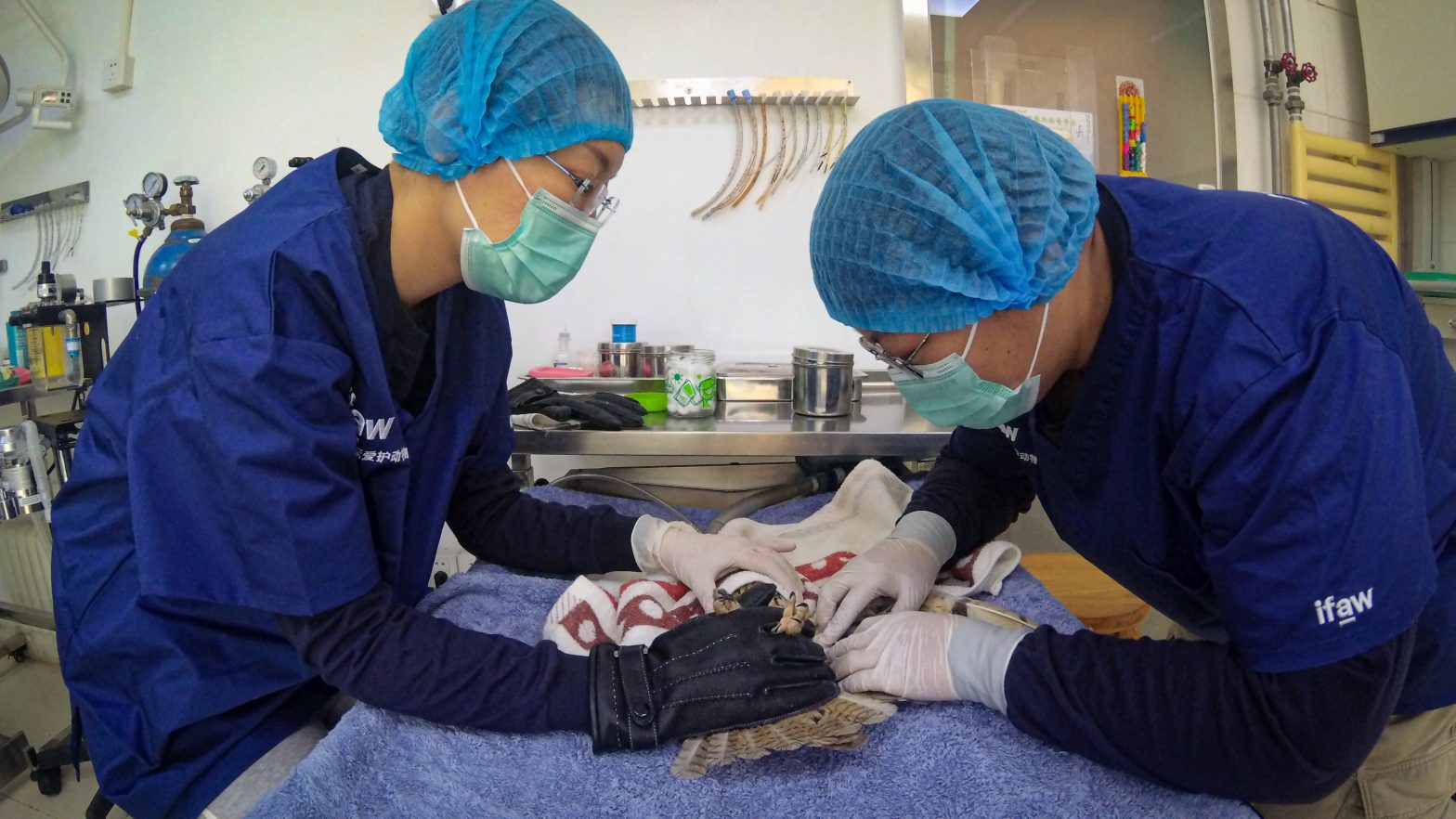Ensuring good health for your pets involves much more than proper nutrition and exercise. Part of your responsibility is to take them for regular veterinary check-ups. Regular vet visits are instrumental in maintaining pet wellness, as infectious diseases and underlying health issues can sometimes be mitigated through early detection.
Understanding the Essential Role of Pet’s Health
Monitoring Your Pet’s Behaviour for Indicators of Health
It is common for pets to hide discomfort when they’re in pain or suffering. That is why keeping a keen eye on their behavior and any changes provides an important preliminary approach to identifying potential health problems early. From unusual lethargy to changes in appetite, these signs could denote something deeper.
Preventive Care for Pets: A Proactive Approach
Prevention is always better than cure, and that stands true with your pets as well. Upkeeping preventive care for pets is crucial, which includes aspects such as regular vaccination, dental care, and healthy lifestyle management. With veterinary expertise, the likelihood of your pet developing severe conditions can be significantly reduced.
How Often Should Your Pet Have a Vet Visit?
Puppies and Kittens
Young pets require an immunization schedule to help them grow healthy. A routine exam during these visits allows for the early detection of diseases, setting a pet health baseline for future care. Issues like heartworms, diabetes, or anemia are best addressed at this stage for effective management.
Adult Pets
Henceforth, adult pets should visit the vet at least once a year for general checkups and pet wellness visits. This is to monitor any fluctuations in weight and health, detecting potential pet health problems. The trips may also involve cleanings to maintain dental health and prevent oral diseases.
Senior Pets
As pets grow older, they are more prone to developing chronic conditions like diabetes or hyperthyroidism. Thus, veterinary appointments become more frequent to manage these conditions better and sustain their quality of life.
Variables That Determine the Frequency of Vet Visits
The Age of Your Pet
As previously covered, the age of your pet significantly influences the frequency of vet visits. While young pets need to be seen more often to ensure healthy growth, older pets require more frequent checkups to monitor and manage potential health concerns.
The Breed and Size of Your Pet
Some breeds are more predisposed to certain health conditions than others, signifying that their healthcare requirements may differ. Furthermore, the size of your pet could also impact their health prospects and, therefore, the necessity for veterinary exams.
Preexisting Health Conditions
If your pet has preexisting health conditions, the frequency of your vet visits will naturally be higher. Regular veterinary check-ups can help manage these conditions and prevent them from worsening.
Your Pet’s Lifestyle
Similar to humans, a pet’s lifestyle significantly influences their health. An outdoor pet might need more frequent checkups compared to an indoor one, primarily because they’re more exposed to external factors that may cause health issues. Their diet and exercise routine also play a significant role in determining their health.
The Costs of Regular Pet Veterinary Services
Comprehending the Cost
Pet healthcare costs can vary based on a range of factors like breed, age, health status, and geographic location. Regular check-ups, diagnostic tests, and preventive measures form part of this cost. Considering these in the budget is important for consistent care of your pet.
How to Find Affordable Pet Care
Many clinics for veterinary in Southborough offer preventive care plans that cover essential services throughout the year. Considering these plans or healthy pet insurance options can help manage your pet’s healthcare costs better. Investing in preventive measures is a cost-saving pet care strategy when it comes to something as important as your pet’s health.
The Importance of Investing in Your Pet’s Health
While the expense of veterinary services might seem daunting, it’s essential to view it as an investment into your pet’s healthy future. Timely disease prevention measures can make treatment for conditions early on, often with a more positive prognosis and lesser long-term expenses.
A Closer Look at the Specific Veterinary Services
Animal Hospital
Inside an Animal Hospital, you’ll get a detailed understanding of the different aspects of veterinary services. As well as the team’s dedication to providing the best care, here you will find an array of medical care, from regular checkups to surgeries. If you want to know more about the range of services they offer, you can visit their website.
Pet Vaccinations and Parasite Prevention
Pet vaccinations and parasite prevention form a significant part of maintaining your pet’s health. Just like humans, pets need vaccinations to build immunity against various diseases. Vaccinations, or cat shots for felines, are especially important for kittens and puppies or when your pets are exposed to other animals.
Dental Surgery and Veterinary Dentistry
Oral health is often an overlooked but vital aspect of overall pet health. Regular checkups should always include dental exams. If your pet needs a dental procedure, veterinary dentistry and dental surgery are there for you. For more detailed information, you may refer to their website.
Conclusion
Prioritizing your pet’s health entails more than simply addressing issues when they arise. It’s about preventive measures, regular check-ups, and keeping an eye out for unusual behaviors or symptoms. Hence, frequent vet visits hold profound value, from saving on healthcare costs over time to, most importantly, ensuring that your pet lives a happy, healthy life.


